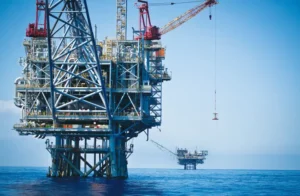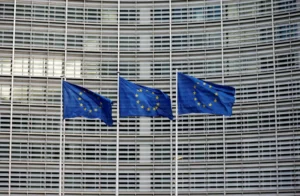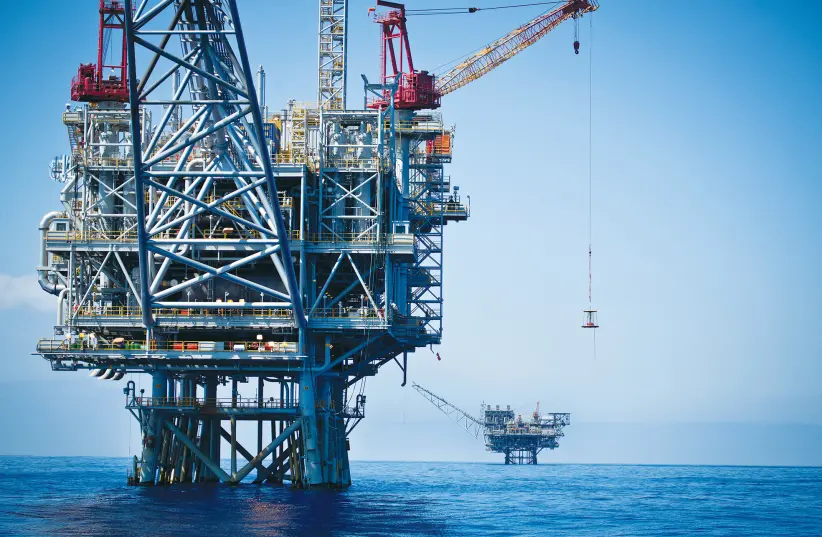Israel can only benefit at this point, with the international energy crisis in full throttle, from pushing hard at its gas production and export.

Israel has taken another step toward becoming even more independent when it comes to natural gas. Last week, Energy Minister Karin Elharrar announced Israel would begin the process of launching its fourth exploration for gas in its territorial waters.
The announcement came just half a year after Elharrar told the public that “natural gas can wait.”
“In the coming year we will focus on the future, on green energy, on energy optimization and on renewable energy, and while we do so, we will put aside the development of natural gas, which, as is known, is a short-term solution,” she said in mid-December.
This, despite a natural-gas policy paper that came out in June 2021, which stated that the government should act to search for another gas field in addition to the already existing Leviathan and Tamar gas fields.
The need for locally sourced natural gas has significantly increased since the Russian invasion of Ukraine, which has caused European powers, as well as Israel, to look for alternative gas sources due to Western sanctions on Russia.

Gas
The EU set its target as cutting 90% of all Russian imports by the end of 2022, including Poland and Germany stopping their own imports of Russian oil via pipeline. The remaining 10% would be temporarily exempt from the embargo so that landlocked Hungary, Slovakia and the Czech Republic can retain access to Russian oil from the Druzhba pipeline.
Meanwhile, Israel has slowly but surely become a regional player in gas exports. Israel decided to allocate 40% of its gas reserves to foreign exports.
“The State of Israel is pitching in and helping Europe diversify its energy sources,” Elharrar said following the announcement of the new search.
“The State of Israel is pitching in and helping Europe diversify its energy sources.”
Energy Minister Karin Elharrar
Not only is the search for natural gas a safe move financially, it is also a diplomatically sound decision. The search for natural gas has directly assisted in the strengthening of ties between Israel and Egypt and with Jordan, which is crucial to retain stability in the volatile Middle East.
Turkey is trying to get in on the Israeli gas game, working to convince Israel to divert the EastMed pipeline – which is an option discussed to transfer natural gas from Israeli waters to Europe via Greece and Cyprus – through Turkey.
In light of Russia’s invasion of Ukraine, there may be an opportunity once again to revisit the EastMed pipeline’s viability, and if Israel plays its cards right, it can become a central gas exporter in the Middle East and to Europe overall. For that to happen, though, Israel needs to make decisions now, since in the energy sector, it usually takes years until a plan on paper becomes a reality.
Indeed, Israel and the European Union have been in negotiations for the past month to export gas to Europe via Egypt. Such an agreement would not only help with the current Ukraine crisis, it would allow Israel to provide Europe with gas in the longer term.
This is a massive opportunity for Israel to advance itself, making Elharrar’s timing on the decision to launch the fourth gas rig ideal.
Seemingly just in time, a third natural-gas rig arrived at its permanent location in the Karish gas field over the long Shavuot weekend. The floating production storage and offloading (FPSO) unit, a floating vessel designed to siphon and store natural gas, will start commercial production in September.
Karish isn’t exactly out of the water, so to speak. Israel has been facing tensions coming from its Lebanese border toward the structure, claiming that the location in which it will be installed is in disputed waters.
Lebanese President Michel Aoun warned that any activity in the disputed area would amount to an act of aggression and a provocation. Israel countered that Karish is within its exclusive economic waters.
“The territory in question, of the Karish and Tanin [fields], is not under dispute,” Elharrar told 103FM on Monday. “It is our territory, our natural gas. The license was initially granted… in 2008.”
Israel can only benefit at this point, with the international energy crisis in full throttle, from pushing hard at its gas production and export.

